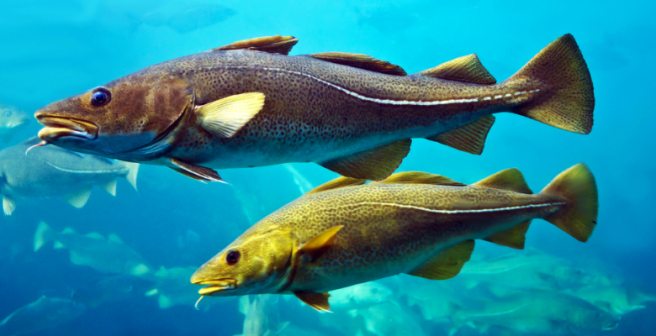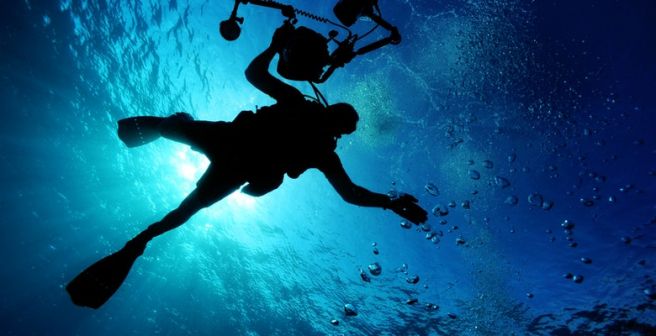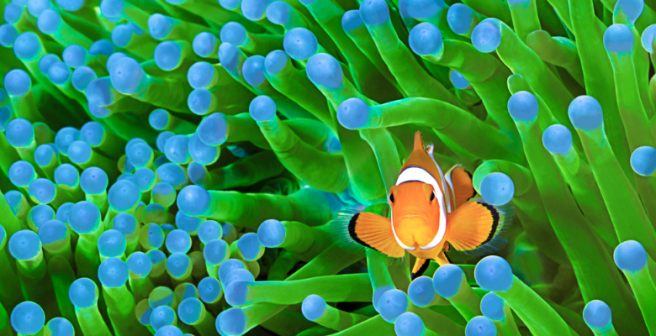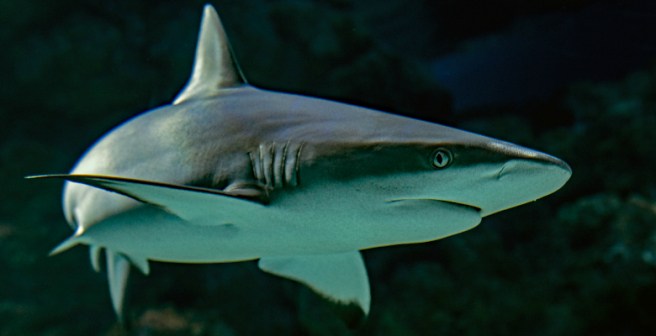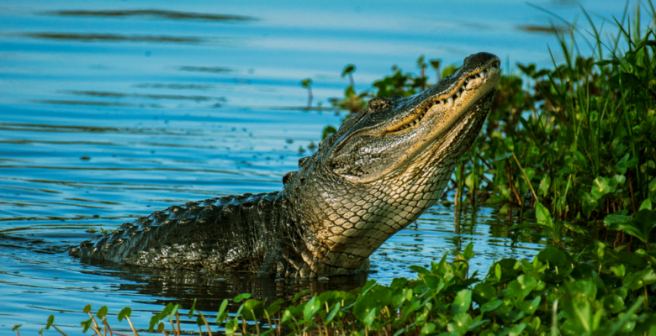For the longest time, researchers have wondered why humans have bigger and more developed brains compared to primates. A new study by researchers at Vanderbilt University has revealed that there is only one feature that Read More
A team of scientists from Norway and NOAA Fisheries’ Northwest Fisheries Science Center in Seattle studied the effect of oil spills on the haddock, cod, and pollock species of fish. They discovered that the polycyclic Read More
Researchers from Scripps Institution of Oceanography at the University of California San Diego, led by oceanographer Jules Jaffe, have developed a new type of underwater microscope that would enable researchers to study important biological processes Read More
Bear cubs are at a high risk of losing their life to infanticidal male bears who may want to impregnate a female who has just borne cubs. To protect the cubs, female bears in Scandinavia Read More
It is known that plastic waste has an adverse impact on marine life. But for the first time, researchers from Uppsala University have shown that microplastic particles i.e. plastic particles that are less than 5 Read More
How any species inhabit Earth? The Indiana University researchers have answered this daunting question by collecting large datasets and basing their estimate using scaling laws. The estimates made in the past have not been as Read More
Birds living in urban areas are smarter than those living in the rural areas, according to a team of researchers from McGill University. In this first-ever study to find cognitive differences in birds from city Read More
Storks are no longer migratory birds, according to a new research conducted by the researchers at the University of East Anglia. Dr. Aldina Franco from UEA’s School of Environmental Sciences and her research team Read More
Nicholas Whitney of Mote Marine Laboratory in Sarasota, Fla., and colleagues observed that nurse sharks are some of the most inactive species of shark that spend most of their time on the ocean bottom waiting Read More
An international team of researchers belonging to Japan and the US studying American alligators found the presence of TRPV4, a thermosensitive protein, in alligator embryos. Found in the gonads of the embryos, this protein plays Read More

